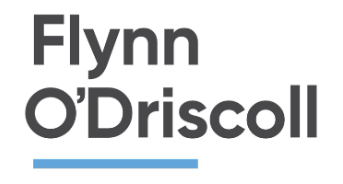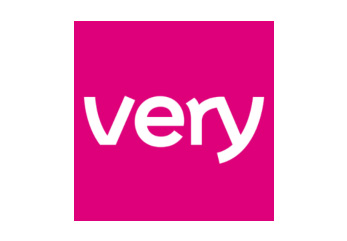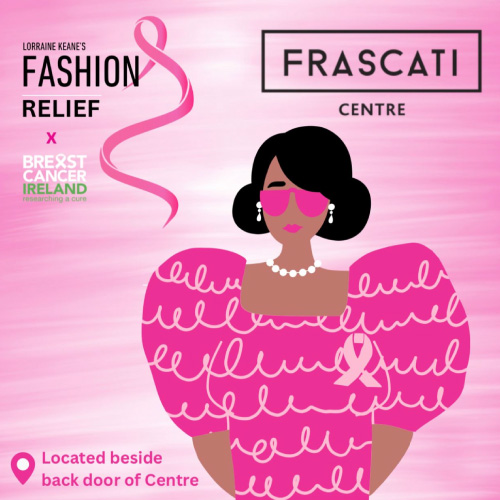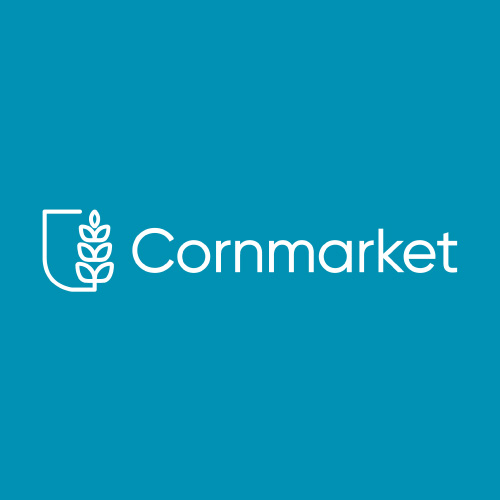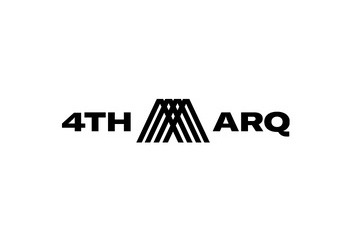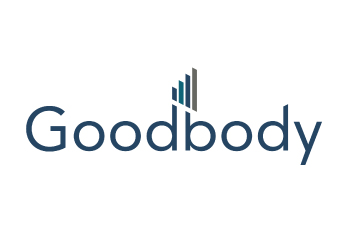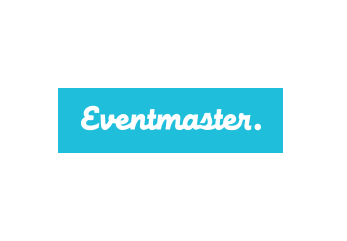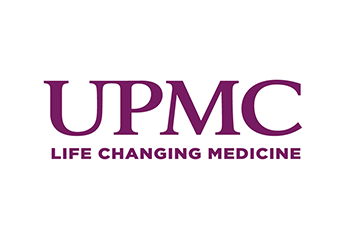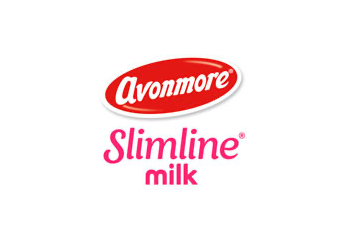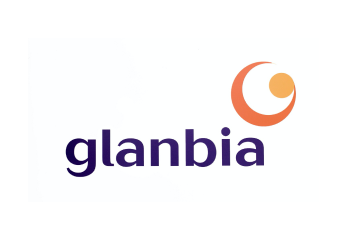Knowing the Signs: Your first line of defence against breast cancer
Irish Tatler, 10 May 2021
Covid-19 has affected almost all aspects of our lives over the last year and with breast cancer screenings heavily impacted, it is more important than ever that women are breast aware.
Checking your breasts regularly – and knowing what to look for when you do so – is your first line of defence when it comes to breast health. Olivia Carpenter has been a Breast Cancer Ireland Ambassador for the past eight years. She was diagnosed with breast cancer at age 34 and in 2012 she took part in the Great Pink Run in Dublin’s Phoenix Park a year after undergoing treatment. “Scrawled across the back of my t-shirt in my own handwriting were the words ‘I fought like a girl – and won’, alongside the date I was diagnosed,” she says.
As a Breast Cancer Ireland Ambassador and Outreach Coordinator, Carpenter’s key mission is to educate women on breast health and the signs of breast cancer. “So many women have been faced with the decision of whether or not to skip or postpone visiting their GPs to avoid potential exposure to Covid-19,” Carpenter explains. “It is important to know that when it comes to breast cancer screenings, staying at home could be the bigger risk. We know that thousands are not being screened and waiting lists for cancer tests and treatments are growing rapidly.
There can be a tendency to think that breast cancer is something that affects older women but, as Carpenter notes, that is not the case. “I know many women in their 30s and 40s who are not breast aware and, like me when I was diagnosed at 34, they do not know that there are eight signs and symptoms of breast cancer.” Another misconception is that if you don’t have a family history of breast cancer you won’t get it. In fact, most people diagnosed with the disease have no known family history – only 5-10 per cent of breast cancer cases are hereditary.
As with any cancer, early detection is key so being aware of your own body and what to look out for is essential. “Know what is normal for you, so if an abnormality were to arise down the line you can get it checked out,” Carpenter advises. “Breast Cancer Ireland has a fantastic app called Breast Aware. It’s free on iTunes and Android, and you can set it up so you can get a monthly reminder to check yourself.”
Along with information on signs and symptoms, the Breast Cancer Ireland app also has a video that explains how to check your breasts at home. “Everyone is different when it comes to what they find comfortable when doing a breast check. I do it in front of my bedroom mirror – I can see if I have any abnormalities and it is much easier that way, I find,” Carpenter says. “Women are inclined to just pat around the breast when doing a breast examination when in fact they really need to get into the breast tissue and feel if they have any abnormalities.”
One in nine women will be diagnosed with breast cancer in their lifetime. Being breast aware – and encouraging the women in your life to do the same – could make all the difference.
